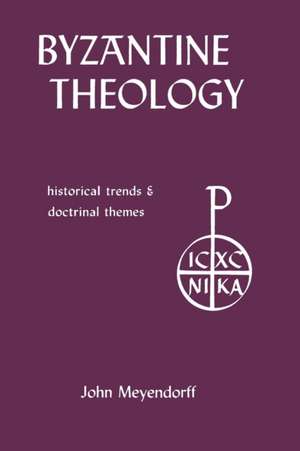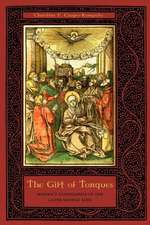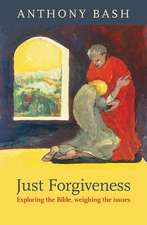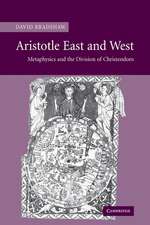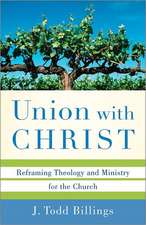Byzantine Theology – Historical Trends and Doctrinal Themes
Autor John Meyendorffen Limba Engleză Paperback – 31 dec 1998
Preț: 265.68 lei
Nou
Puncte Express: 399
Preț estimativ în valută:
50.84€ • 53.08$ • 42.07£
50.84€ • 53.08$ • 42.07£
Carte disponibilă
Livrare economică 15-29 martie
Livrare express 01-07 martie pentru 30.57 lei
Preluare comenzi: 021 569.72.76
Specificații
ISBN-13: 9780823209675
ISBN-10: 0823209679
Pagini: 244
Dimensiuni: 152 x 229 x 14 mm
Greutate: 0.35 kg
Ediția:Printing W/Revi.
Editura: ME – Fordham University Press
ISBN-10: 0823209679
Pagini: 244
Dimensiuni: 152 x 229 x 14 mm
Greutate: 0.35 kg
Ediția:Printing W/Revi.
Editura: ME – Fordham University Press
Recenzii
." . . a must for libraries at colleges or universities with programs in the history of Christian thought."
Notă biografică
Textul de pe ultima copertă
The aim of this book is to describe the categories of theological thought as they were shaped in the framework of Byzantine Christian civilization, its philosophy of life, its liturgy, and its art, and as they persist in contemporary Eastern Orthodoxy. The central theme, or intuition, of Byzantine theology is that man's nature is not a static, 'closed, ' autonomous entity, but a dynamic reality, determined in its very existence by its relationship to God.
